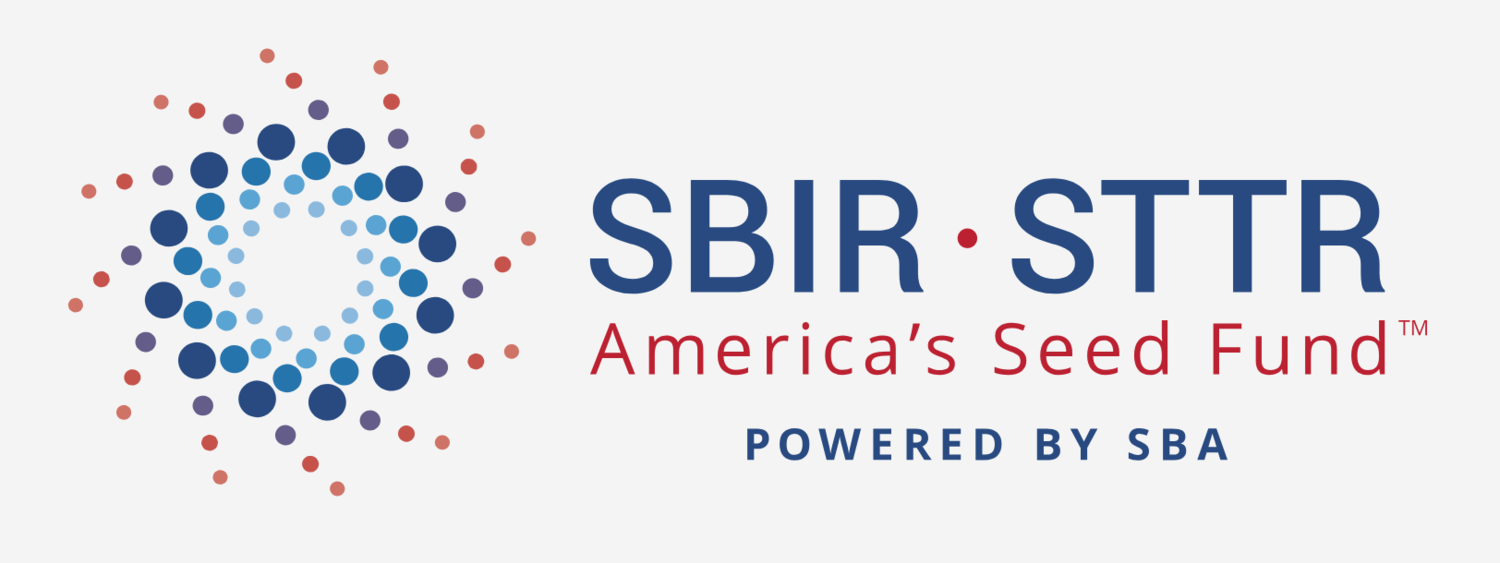
Headed by scientist-turned-executive Siba Das, University of Minnesota startup NovoClade recently won a $1 million Small Business Innovation Research (SBIR) Phase II grant from the National Science Foundation (NSF). NovoClade, which is developing an environmentally friendlier insect control technology that relies on genetics rather than chemicals, will use this grant to scale up production, conduct a greenhouse trial, and work toward regulatory approval.
Earmarked for early stage and high-risk funding, SBIR grants, along with Small Business Technology Transfer (STTR) grants, are federal seed money for startups and small businesses. To secure this funding, Das worked with Pat Dillon, the founder and director of the Minnesota SBIR/STTR Accelerator, who has been helping businesses achieve SBIR/STTR funding for nearly 30 years. Dillon helps demystify the SBIR/STTR programs as she guides companies through the different steps.

“SBIR/STTR are fantastic programs that change lives and give people opportunities they wouldn’t otherwise have,” Dillon said. “There aren’t many investors, especially in the early stages, who are going to invest in a project that is technically risky. That’s why the NSF looks to fund novel, game-changing ideas with strong commercial potential.”
Accelerator assistance is free, confidential, and, in Dillon’s words, the best deal in town. With an overarching goal of moving technology from the lab to the marketplace, the Accelerator helps companies through the three phases of the programs. Phase I is focused on demonstrating technical feasibility, Phase II on prototype development, and Phase III on commercialization.
“Phase II is very rigorous at the NSF. NovoClade went through a highly competitive process to be selected and awarded funding. It is truly a major accomplishment,” Dillon explained.
In addition to support from the SBIR/STTR Accelerator, Das benefited through his work with the Carlson School of Management’s Holmes Center for Entrepreneurship and the MIN-Corps and I-Corp, which provided early validation of NovoClade’s technology through the customer discovery and value proposition phases. He also worked with Technology Commercialization’s Venture Center and the Discovery Launchpad, which provided support during the startup and licensing phases.
“The Venture Center was instrumental in helping me create a pitch deck that was appealing to business people,” Das said. “I’ve given many scientific talks, but I had to learn new jargon to be successful in pitch competitions. Being successful at those competitions really inspired confidence in our technology.”
Das encourages researchers interested in starting their own business to take advantage of the resources provided by the University and the Minnesota SBIR/STTR Accelerator and to participate in pitch competitions such as Walleye Tank and MN Cup.
“UMN startups, faculty, and researchers are fortunate to have expert resources to help guide them from ideation to commercialization. It is a team effort to support startups like NovoClade and Das to leverage the resources and capabilities that are available from government and academia,” said Dillon.